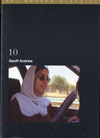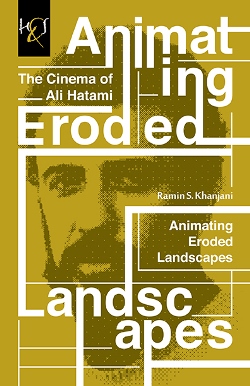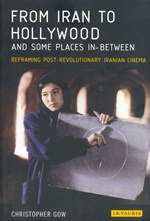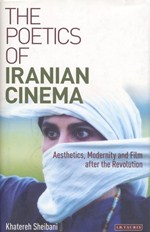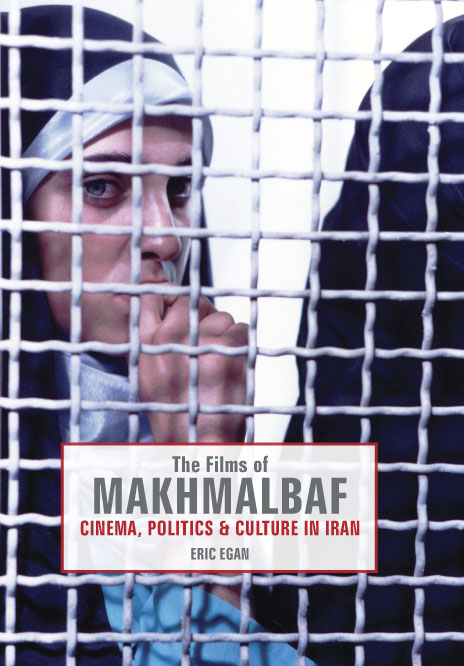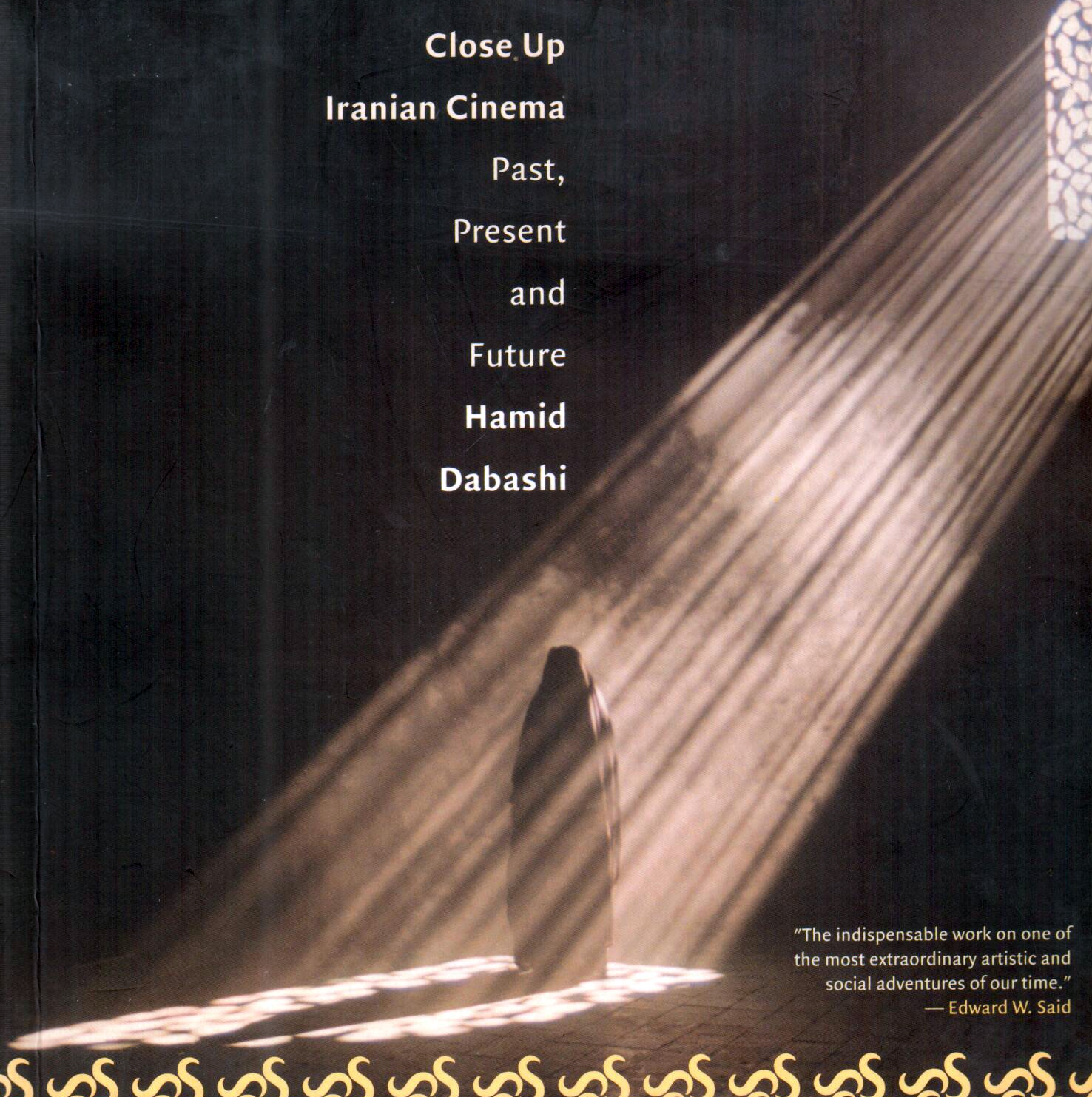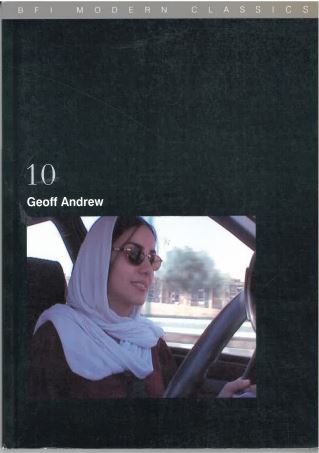10: English 2005
10
16.18 $
Share
Wishlist
ISBN:
085170069X
Publisher:
British Film Institute ( bfi publishing)
Age Group:
Adult
Pages:
87
Weight:
150 g
Dimensions:
14 x 21 x 0.61 cm
Book Cover:
Paperback
The Iranian Abbas Kiarostami burst onto the international film scene in the early 1990s and - as demonstrated by the many major prizes he has won - is now widely regarded as one of the most distinctive and talented modern-day directors. His major features - including Through the Olive Trees (1994), Taste of Cherry (1997) and The Wind Will Carry Us (1999) - are relatively modest in scale, contemplative and humanist in tone. In 2002, with 10, Kiarostami broke new ground, fixing one or two digital cameras on a car's dashboard to film ten conversations between the driver (Mania Akbari) and her various passengers. The results are astonishing: though formally rigorous, even austere, and documentary-like in its style, 10 succeeds both as emotionally affecting human drama and as a critical analysis of everyday life in today's Tehran.
In this study, Geoff Andrew looks at 10 within the context of Kiarostami's career, of Iranian cinema's recent renaissance, and of international film culture. Drawing on a number of detailed interviews he conducted with both Kiarostami and his lead actress, Andrew sheds light on the unusual methods used in making the film, on its political relevance, and on
more
The Iranian Abbas Kiarostami burst onto the international film scene in the early 1990s and - as demonstrated by the many major prizes he has won - is now widely regarded as one of the most distinctive and talented modern-day directors. His major features - including Through the Olive Trees (1994), Taste of Cherry (1997) and The Wind Will Carry Us (1999) - are relatively modest in scale, contemplative and humanist in tone. In 2002, with 10, Kiarostami broke new ground, fixing one or two digital cameras on a car's dashboard to film ten conversations between the driver (Mania Akbari) and her various passengers. The results are astonishing: though formally rigorous, even austere, and documentary-like in its style, 10 succeeds both as emotionally affecting human drama and as a critical analysis of everyday life in today's Tehran.
In this study, Geoff Andrew looks at 10 within the context of Kiarostami's career, of Iranian cinema's recent renaissance, and of international film culture. Drawing on a number of detailed interviews he conducted with both Kiarostami and his lead actress, Andrew sheds light on the unusual methods used in making the film, on its political relevance, and on
more

